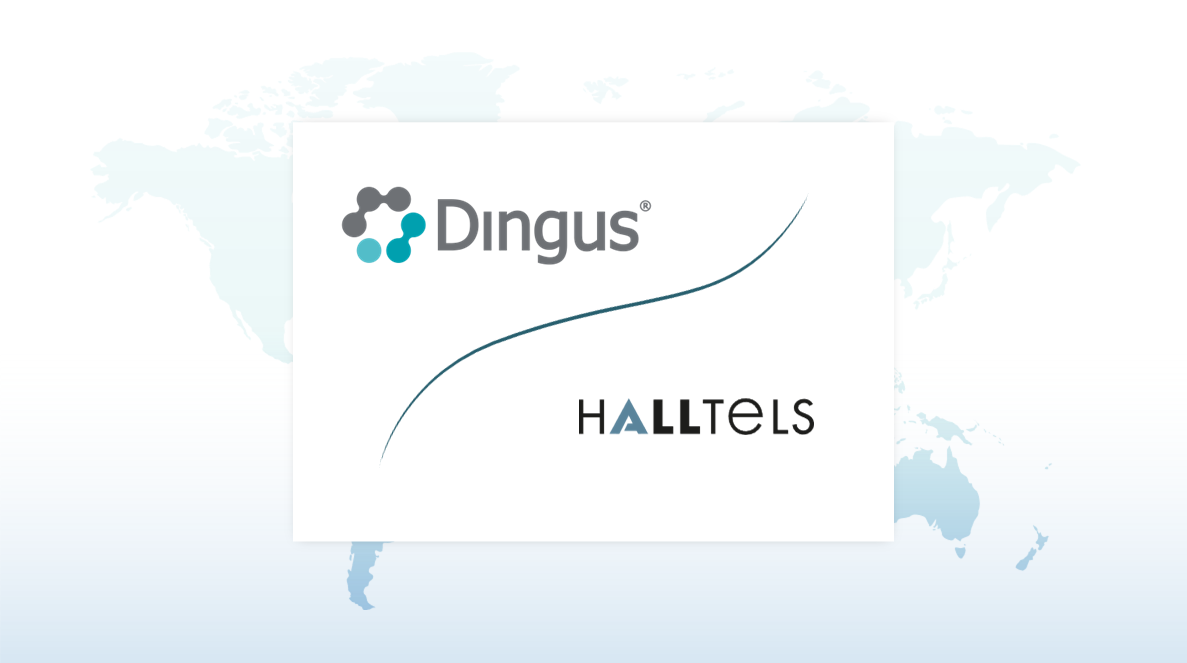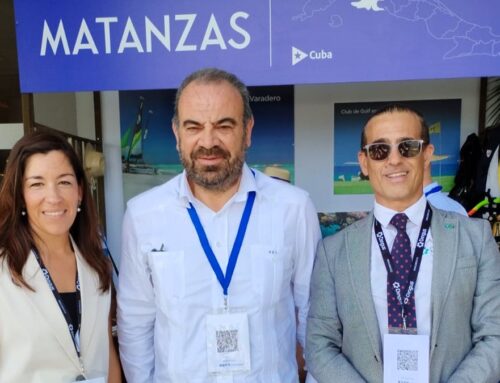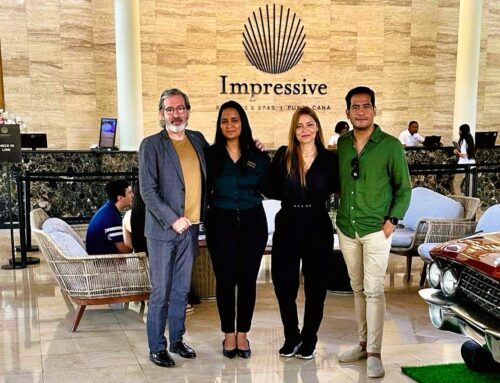It has been fifteen months since Halltels joined the Dingus® connectivity portfolio, expanding our distribution map for global destinations that want to access the European market.
Our partners defend in their proposal “the change in the distribution model, a digital renovation and a new purchasing process, through a Marketplace that is transforming the tourism sector. What we are proposing is a new approach to marketing and sales processes, which responds to all the new tourism needs. We have created -they emphasise- a 100% transparent and collaborative environment, where hallteliers, hotels and points of sale meet, with the aim of simplifying and optimising distribution. In a single Marketplace, all hotels are directly connected with points of sale and their digital suppliers, which leads to a clear reduction in costs”.
In fact, Halltels defines it as “a response to the sector’s own demands, in particular those of hotels and travel sellers, tired of the complexity of the current distribution system, which hinders control and transparency of rates, hinders the relationship between the hotel and the point of sale, and does not allow for direct communication and management between the hotel and the travellers, the real protagonists of the business. In short, we see that the hotel does not participate in the client’s purchasing process, the travel agency depends in many cases on an intermediary to access the product and, thus, the intermediation subtracts or minimises the potential of the product promotion process”.
Buyer profile in travel agencies
Referring to a study by Braintrust and CEAV published by Hosteltur, the platform shares that, in terms of spending, traditional agencies take 71.2% of baby boomers and X generations, while those corresponding to millenials and Z generations contribute 53.8% of spending.
In Spain, Extremadura is the leader in the use of face-to-face agencies for the purchase of packages (82%), followed by Castilla y León (73.2%), Galicia (72.9%), Andalusia (68.6%) and Madrid, with 63.8%. At the opposite extreme in the use of traditional agencies are Catalonia (29.1%), La Rioja (39.4%), Navarre (42%), the Balearic Islands (49.5%) and in País vasco (50.4%).
The bed bank and TTOO market (according to the figures provided in the report) is estimated to be generating some 43 billion euros worldwide, accounting for almost 10% of hotel sales. Of this, some 17 billion euros is the turnover of travel agencies.
Sector situation
Halltels refers to the 15% average annual growth of the tourism sector in recent years, and of a hotel offer that in a decade has increased by 18%, with new agents appearing in the commercialisation process. They point out that “cycles are becoming shorter and shorter and the sector is obliged to maintain a constant pace of change. The travel agency sector remains strong in the market and is evolving, like all other consumer sectors. Although the internet has revolutionised all markets, physical shops are opening in city centres, providing added value and a new shopping experience for customers”.
Halltels & Dingus®
With the course and strategy set to face the scenario described, depending on its evolution, Halltels wants to value the integration with Dingus®, defining us as “the technological partner that is providing us with the connection to many accommodations in Spain thanks to its extensive collaboration with hotels and channels such as our Marketplace. It is a strategic collaboration, as Dingus® is always committed to technology and evolution, adapting quickly to changes in the sector”. We are confident that this alliance will continue to consolidate and be maintained for a long time to come, to the benefit of our common customers and our respective business models.
Cristina Torres. Corporate communication and media relations
cristina.torres@hittgroup.es











